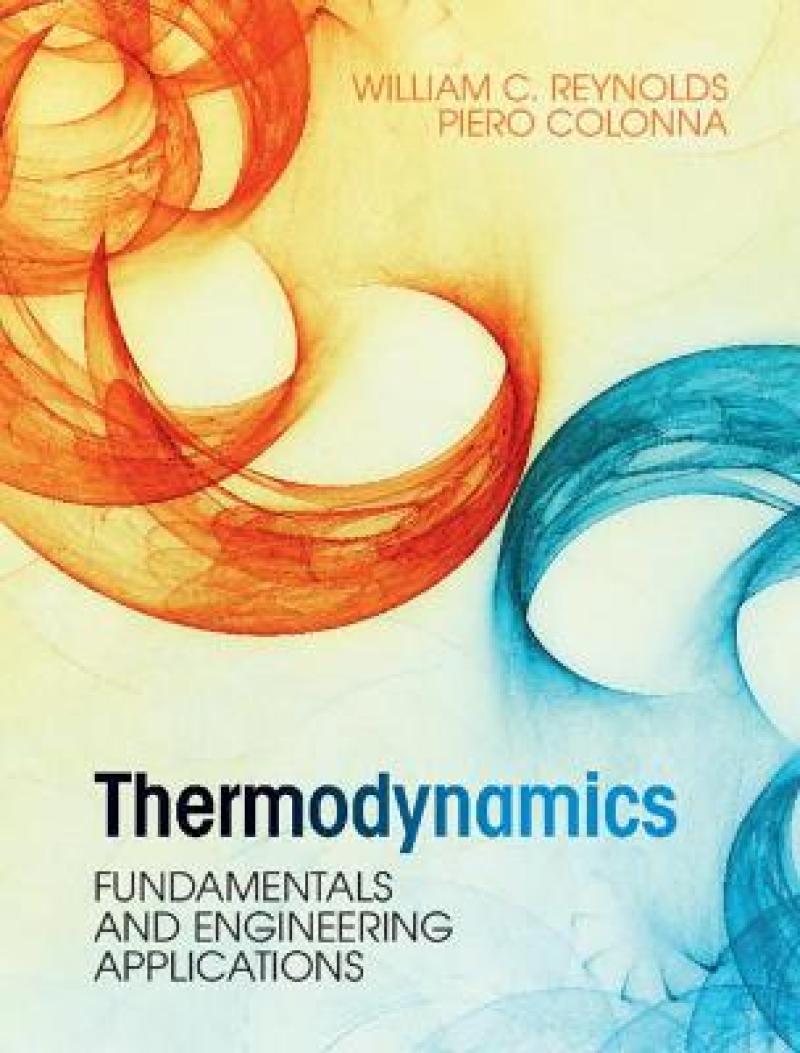This concise text provides an essential treatment of thermodynamics and a discussion of the basic principles built on an intuitive description of the microscopic behavior of matter. Aimed at a range of courses in mechanical and aerospace engineering, the presentation explains the foundations valid at the macroscopic level in relation to what happens at the microscopic level, relying on intuitive and visual explanations which are presented with engaging cases. With ad hoc, real-word examples related also to current and future renewable energy conversion technologies and two well-known programs used for thermodynamic calculations, FluidProp and StanJan, this text provides students with a rich and engaging learning experience.
Les mer
1. Introduction; 2. Energy; 3. Properties and states; 4. Control volume energy analysis; 5. Entropy and the second law; 6. Thermodynamics of state; 7. Energy conversion systems; 8. Thermodynamic properties of multicomponent fluids; 9. Exergy analysis; 10. Thermodynamics of reacting mixtures; Appendices: A. Thermodynamic properties of fluids; B. Mathematical relations between partial derivatives; C. Numerical schemes for saturation point and flash calculations; D. Chemical equilibrium; Index; Notation.
Les mer
'This is a comprehensive and clearly written text that is organized in such a way that it may be used in both undergraduate and graduate courses in engineering thermodynamics.' Craig T. Bowman, Stanford University, California
Les mer
Provides an essential treatment of the subject and rigorous methods to solve all kinds of energy engineering problems.
Produktdetaljer
ISBN
9780521862738
Publisert
2018-09-20
Utgiver
Vendor
Cambridge University Press
Vekt
1280 gr
Høyde
255 mm
Bredde
198 mm
Dybde
27 mm
Aldersnivå
U, 05
Språk
Product language
Engelsk
Format
Product format
Innbundet
Antall sider
420
